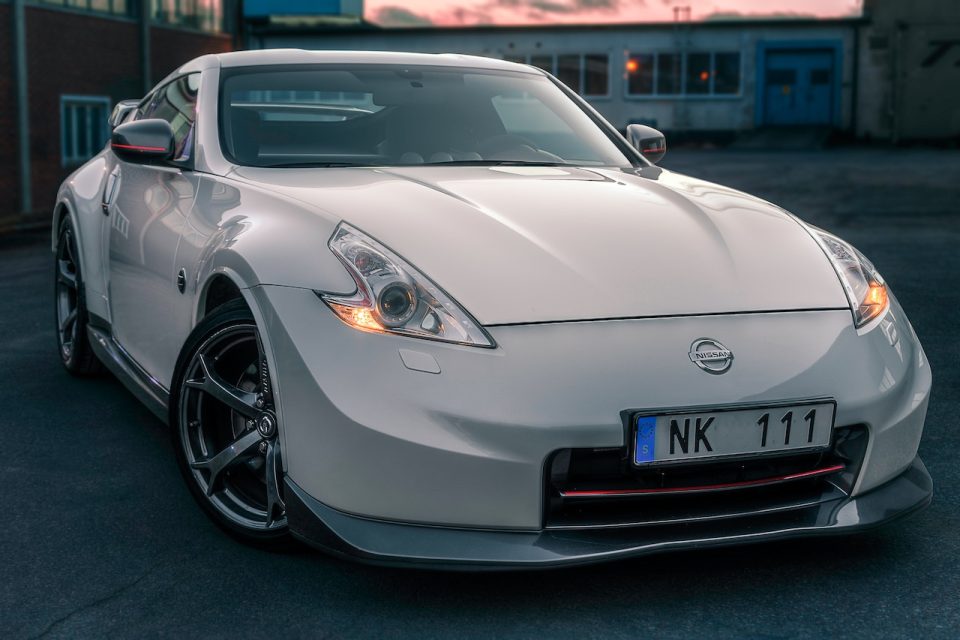Nissan announced on Monday that all of its forthcoming European car models will be all-electric (EVs), marking a significant step toward a greener automotive future. The company, a key player in the global automotive industry, intends to sell exclusively electric vehicles on the European continent by the year 2030, aligning itself with the growing wave of automakers embracing electrification.
Nissan CEO Makoto Uchida emphasized the company’s unwavering commitment to this monumental transformation. “There is no turning back now,” he stated in a resolute press release. This bold declaration comes as a testament to Nissan’s determination to remain at the forefront of the evolving automotive landscape.
A crucial aspect of Nissan’s electrification strategy is the production of electric vehicles within Europe itself. The Japanese automaker disclosed that one of the two new EV models already confirmed for the European market will be manufactured at its Sunderland plant located in northeast England. This strategic decision underscores the company’s concern regarding the rules of origin specified in Britain’s Brexit agreement with the European Union. Failure to comply with these rules could result in significant tariffs of up to 10% on EVs traded between the EU and the UK, potentially taking effect as early as January. Nissan’s chairman for Africa, Middle East, India, Europe, and Oceania, Guillaume Cartier, assured reporters that vehicles produced in the Sunderland facility fully meet these criteria, allaying concerns about trade disruptions.
Nissan’s intensified focus on electric mobility emerged earlier this year as the company seeks to narrow the gap with its competitors in an industry increasingly dominated by newcomers like Tesla. CEO Makoto Uchida disclosed plans for an impressive lineup of 19 new electric vehicle models set to debut by 2030. However, during a related press conference in London, Uchida refrained from providing a specific timeline for the release of these models, leaving enthusiasts and industry insiders eagerly awaiting further details.
Notably, Nissan had previously announced its target to electrify 98% of its sales in Europe by the end of its fiscal year on March 31, 2027. This commitment encompassed both fully-electric cars and hybrids, which incorporate a combination of battery and combustion engine technologies. The revised objective of transitioning to an all-electric European lineup by 2030 aligns Nissan with its alliance partner Renault, which similarly aspires to make the Renault brand exclusively electric by the same target year. This convergence of strategies underscores the determination of these automotive giants to embrace the electrification revolution.
Nissan faces stiff competition, particularly from Chinese automakers, who are rapidly advancing their electric vehicle offerings at lower costs. CEO Makoto Uchida acknowledged the aggressive pace of the Chinese automotive industry, saying, “There’s a lot of competition happening…the Chinese (carmakers) are coming massively. The Chinese have moved much, much faster than we expected.” In response, Nissan plans to reduce costs through increased investment in electrification, striving to remain competitive on the global stage.
As the automotive industry undergoes a historic transformation towards electric vehicles, The ambitious commitment of Nissan to an all-electric European lineup by 2030 positions the company as a pioneer in shaping the future of the industry. With a strategic focus on innovation and sustainability, Nissan aims to lead the charge towards a cleaner, electrified automotive landscape, setting an example for other automakers to follow.
Source: Reuters

